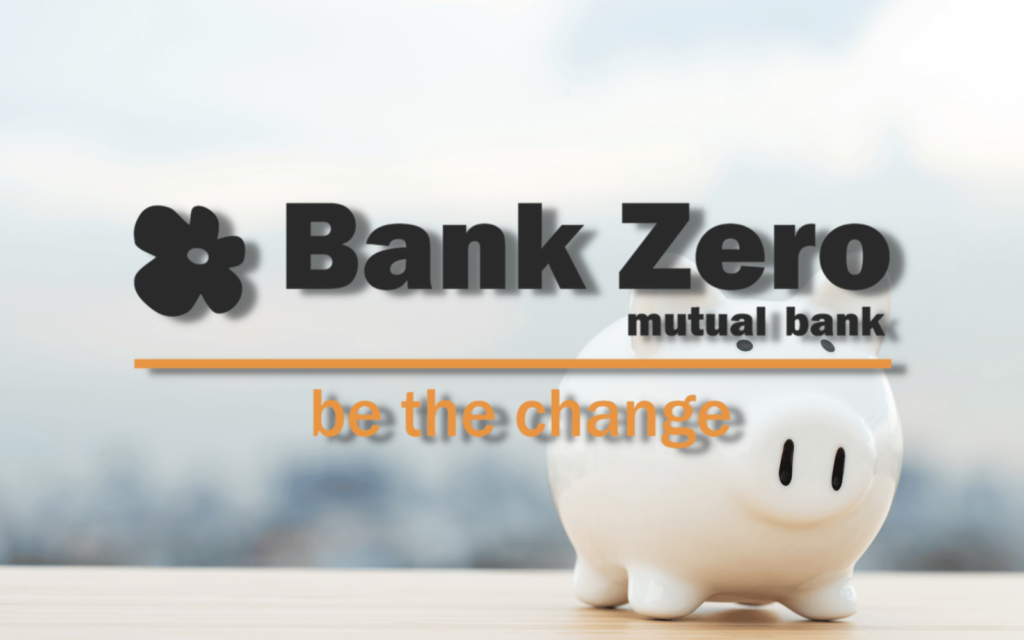South African startup Bank Zero says it’s still going to charge you nothing to bank with it.
“We see our promise of Zero bank fees as central to our brand’s unique value proposition, as shown by our four-year track record,” says chair Michael Jordaan. “Some believed this was a gimmick, but in fact, it’s fundamental to who we are. There’s one pricing structure for all our customers, and those fees that are Zero will stay Zero.”
Jordaan says Bank Zero offers free core banking, with only extras being charged. Another key innovation, he adds, is the same pricing structure for both individuals and businesses.
The bank quotes a Moneyweb survey that Bank Zero’s costs are 85% lower than the business packages offered by the Big Four banks. These range from R463 to R769 a month.
Launched in October 2021, it is one of several so-called neobanks which are challenging the traditional financial institutions. Other players like TymeBank have reached 8 million customers and offer the rapid PayShap service for free.
Read more/listen: Why Payshap should be a free service
Bank Zero CEO Yatin Narsai says because Bank Zero has built its technology from the ground up, and has no legacy systems to deal with, it has been able to take a mammoth amount of costs out of the system. These cost savings are passed onto its customers.
For example, international payments using the Bank Zero cards are 1%, as compared to the 2.75%+ charged by traditional banks.
Bank Zero makes its money not from customer fees but from the movement of money through the financial system, says Yatin. “Technology underpins our pricing revolution, but it also gives us an edge in other areas. At a time when bank fraud is escalating dramatically, our technology provides a uniquely safe banking environment—we can confidently confirm that no Bank Zero customer has experienced loss from card fraud.”
Read more/ listen: Bank Zero has zero fraud
“By reducing costs so significantly and enhancing customer productivity, we are helping to create a more efficient financial system, and so driving economic activity,” says Yatin. “Never underestimate the potential of technology to disrupt the status quo—in this case, very much for the better.”




